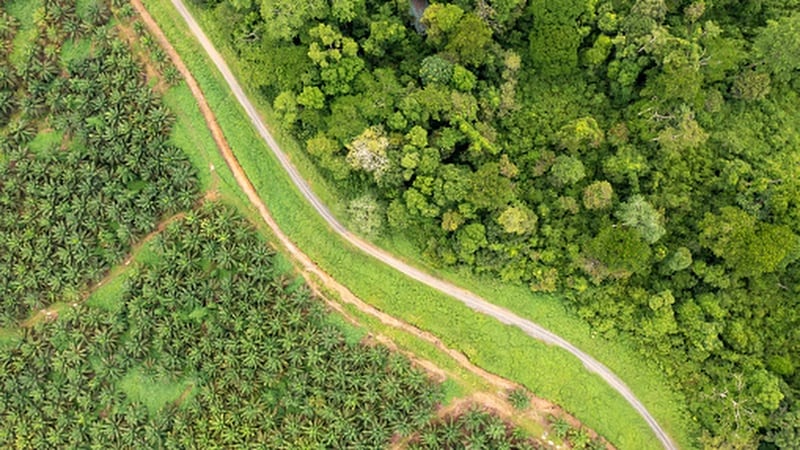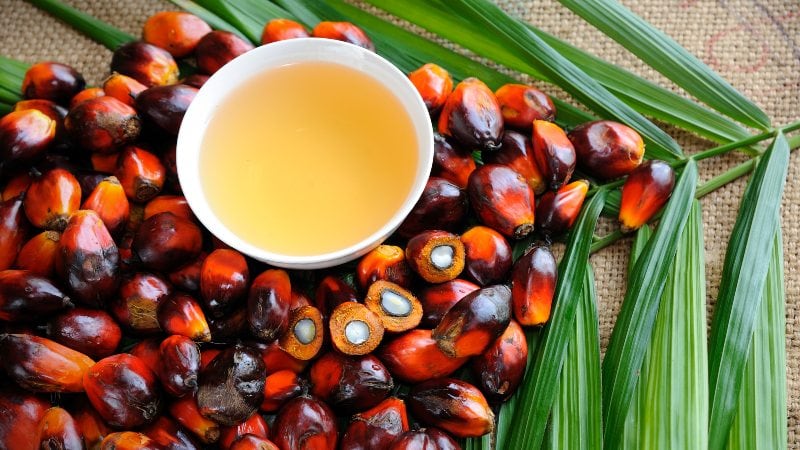The EU Deforestation Regulation (EUDR) was approved in parliament late last year, spelling increased challenges for countries producing palm oil and other commodities such as coffee and cocoa.
This is mainly due to the strong likelihood of many producer countries being classified as ‘high-risk’ deforestation markets based on as-yet-unrevealed criteria by the EU, and subsequently subjected to a new set of costly, complicated guidelines.
Major palm oil producer countries such as Malaysia and Indonesia have been making strong attempts to protest the EUDR, even voicing objections at the World Trade Organisation (WTO) over this alleged discrimination against them.
However, with no concrete initiatives taken by the latter to reverse this regulation so far, Malaysia’s attention is now focused on staying off the EUDR high-risk listing of countries.
“The EUDR has now moved from the legislative stage to implementation [and] the focus of the Malaysian palm oil industry is now on ground-level efforts of implementation and compliance with a costly and wide-ranging set of criteria,” Malaysian Palm Oil Council (MPOC) CEO Belvinder Sron said via a formal statement.
“[Our] sustainable palm oil supply chains have already met most of the EUDR criteria [and] the government-mandated Malaysian Sustainable Palm Oil (MSPO) standard is now observed by 96% of all plantations in Malaysia, providing assurance [for all] that stringent sustainability parameters are being met.
“Malaysia’s forest cover is approximately 55% [which] is more than the 50% commitment made at the 1992 Earth Summit [and] oil palm plantation expansion has also slowed down and even been reversed, with total planted area falling from 5.8 million ha to 5.67 million ha between 2017 and 2022.”
Despite these positive numbers, Sron highlighted that the EUDR’s treatment of Malaysia was not reflecting the progress being made, even though these improvements were being made in line with EUDR criteria.
She called for the criteria to stay out of the ‘high-risk’ listing to be made more transparent.
“The most important challenges for us in the coming months are the implementation of the EU’s proposed criteria for creating the ‘high-risk’ list of countries that, in its view, are linked to deforestation,” she said.
“It is evident to any reasonable observer that Malaysia — and any subnational authority — cannot seriously be considered high risk. The data on deforestation and the impact of MSPO are clear evidence of this.
“However, we cannot be naïve enough to believe that facts and data are sufficient to win the day – [What] is needed is transparency of input and criteria from the EU about how the high-risk designation is decided, and a public commitment that Malaysia will not be included.
The EUDR has long been accused of discrimination against producer countries, linked to ‘protectionist’ motivations for its local commodities such as rapeseed oil.
Scientific proof is in the primary forest loss reduction
Further supporting Sron’s argument that scientific data is on Malaysia’s side is a new Global Forest Review Forest Pulse study published by the World Resources Institute.
The study named Indonesia and Malaysia as markets with some of the most improved primary forest loss reduction in 2022.
“Indonesia was the top achiever in 2022, reducing its primary forest loss by 64% [and] Malaysia came in fourth with a 57% reduction,” the report authors stated.
“Primary forest has levelled off in recent years [since 2020], with corporate and government action appearing to be contributing – [some major regulatory changes have included] mandatory MSPO certification 2020, a plantation area cap established in 2019 through 2023, and new forestry laws in 2022 to stiffen penalties for illegal logging.
“[However] on a global stage, there has been 10% more tropical primary rainforest loss in 2022 than in 2021 totally 4.1 million hectares, the equivalent of losing 11 football fields of forest per minute, [with major contributors] including Brazil, Congo, Ghana and Bolivia.
“This was despite the Glasgow Leaders’ Declaration on Forests and Land Use last year to halt and reverse forest loss by the end of the decade [showcasing] that political commitments alone won’t stop this forest loss and there is a need to move beyond these to real action.”



